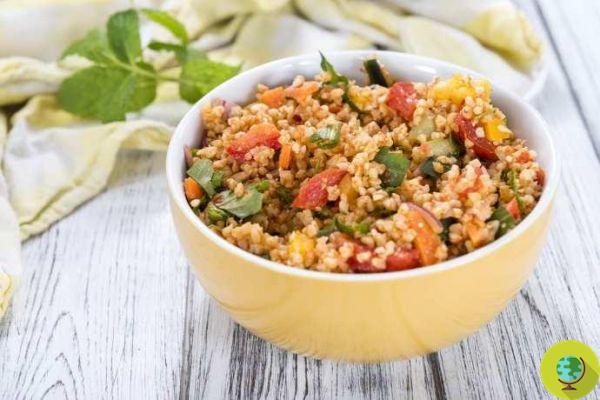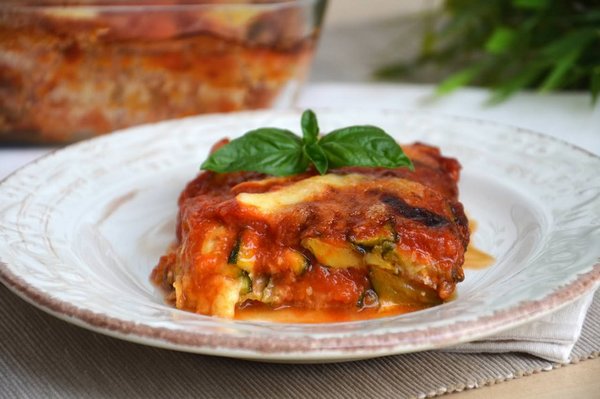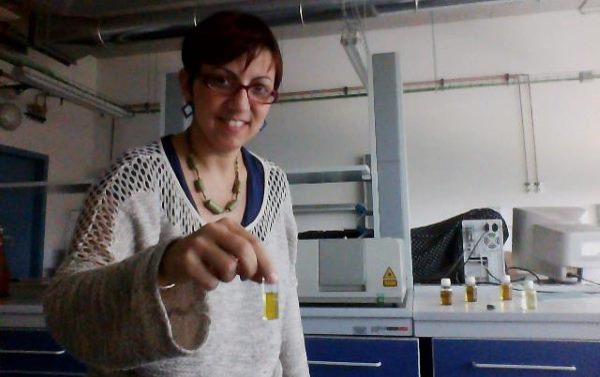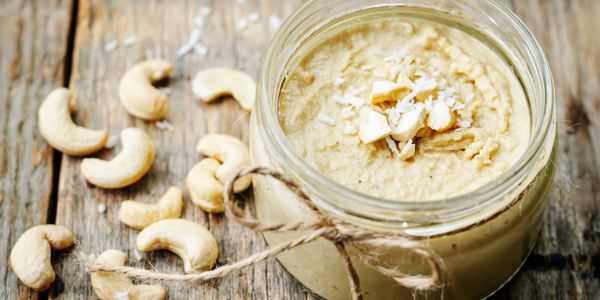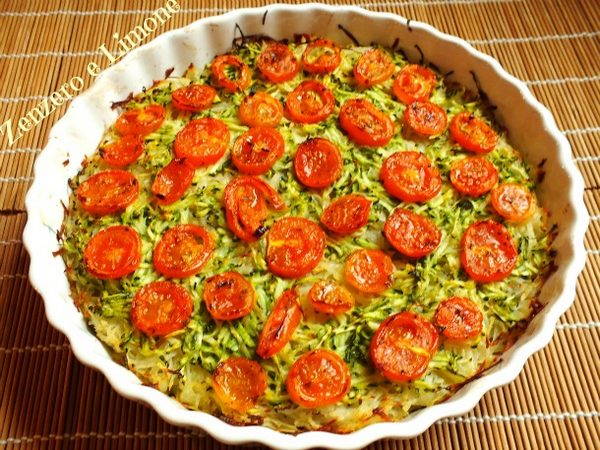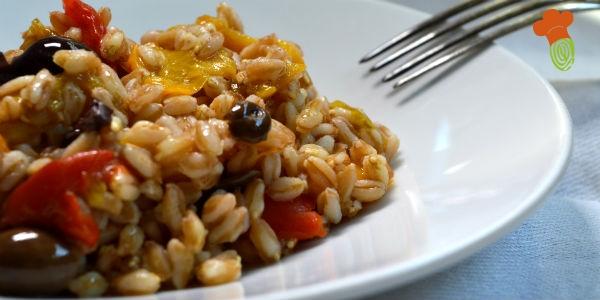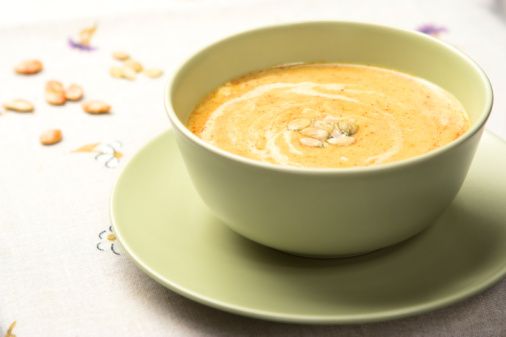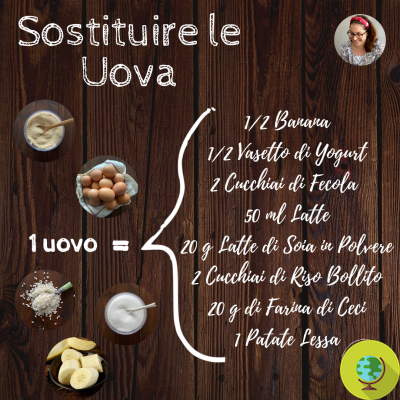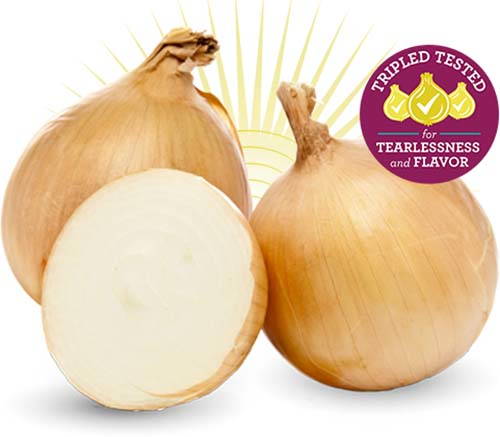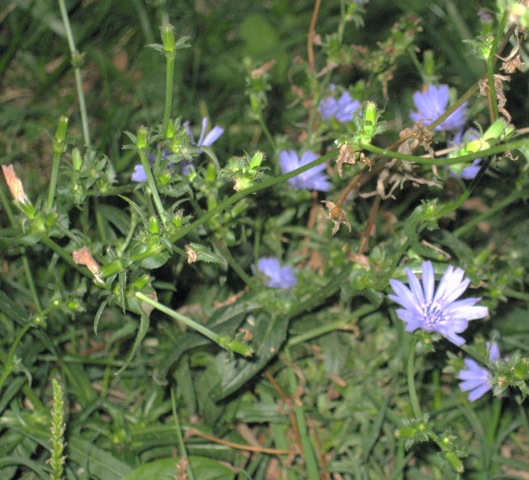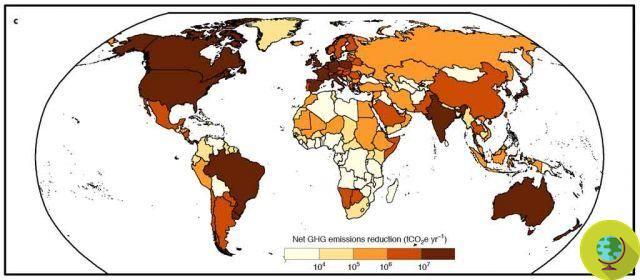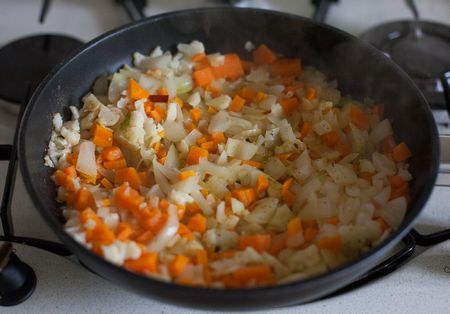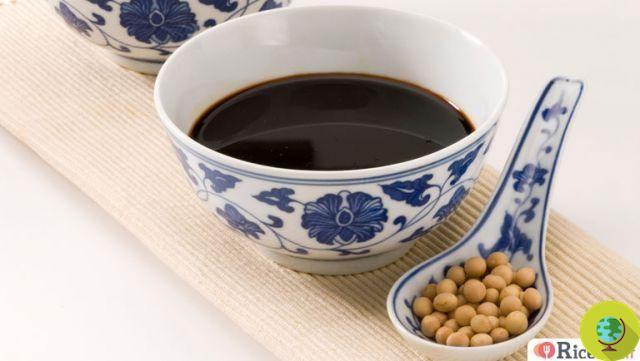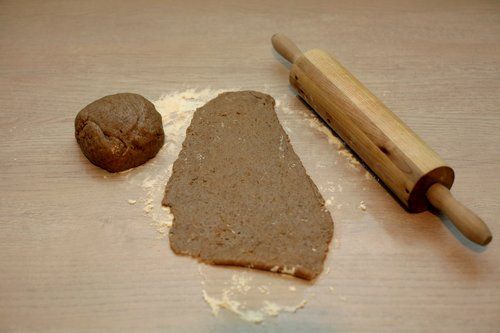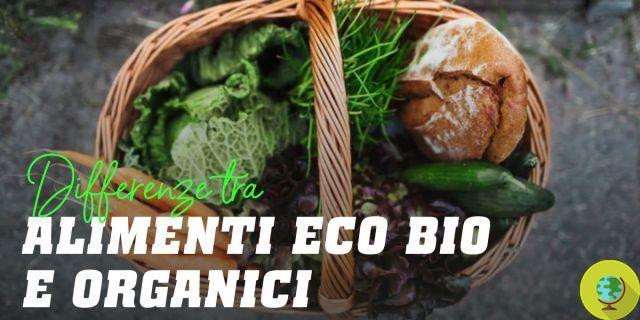
Are organically grown products really healthier than products from intensive agriculture? This is the question at the basis of a study conducted in the United States, already defined as sensational, but which in reality does not represent the first attempt to delve into the question of the nutritional characteristics of organic and "traditional" products in comparison.
Don't store avocado like this: it's dangerous
I organically grown products they are actually healthier than products sourced from intensive agriculture? This is the question at the basis of a study conducted in the United States, already defined as sensational, but which in reality does not represent the first attempt to delve into the question of characteristics nutritional values of organic and "traditional" products in comparison.
According to the results of recent research, published on the pages of the scientific journal "Annuals of Internal Medicine" it would not exist almost no difference between products grown intensively and products from organic farming. According to what was stated by the woman who conducted the study, Dena Bravata, nutritional differences between the two types of product would be almost nil. This observation is joined by the recommendation to consume fruits and vegetables in greater quantities, from any source, since it would result always beneficial to health.
Stanford University scholars have decided to examine a series of rresearch conducted between 1966 and 2011, which took into consideration the presence and possible danger of pesticides, ingredients and toxic substances present in food. There would be no differences between organic products and traditional products either as regards the presence of vitamins or as regards bacterial and salmonella contamination.
Il protein content of milk from intensive and organic farms would be identical, while organic vegetables would have a higher phosphorus content compared to products grown with the use of pesticides, but this data would have been considered by researchers as irrelevant from a nutritional point of view.
The chapter concerning i is different pesticides. Only 7% of the organic products taken into consideration would have detected residues (remember that pesticides are not used in organic farming and that their presence could possibly be the result of contamination of water or land), given which collides with the 38% relative to traditional products.
In this regard, the US experts immediately stressed that in both cases the pesticide residue levels they would always stay below the danger threshold, making these products harmless to health and perfectly salable by law. Even the consumption of organic products by pregnant women it would have been deemed irrelevant to the health of the unborn child.
What then would the advantages related to the cultivation, purchase and consumption of organic products? Continue to choose organic it means to ask counter-current compared to cultivation methods that use chemicals capable of polluting the land and at the same time damaging the health of workers and those who live in areas particularly affected by the use of pesticides.
In this regard, it is worth remembering the case of the mother who challenged Monsanto and the recent hypothesis that links the onset of ALS to the use of pesticides. Finally, the organoleptic qualities of products from certified organic farming or grown on their own without the aid of pesticides or other chemicals, practices that make them able to preserve aromas and flavors of which the fruit and vegetables commonly found in supermarkets certainly cannot boast .
Marta Albè
Read also:
- Organic foods that are more expensive, tastier, but no longer nutritious






